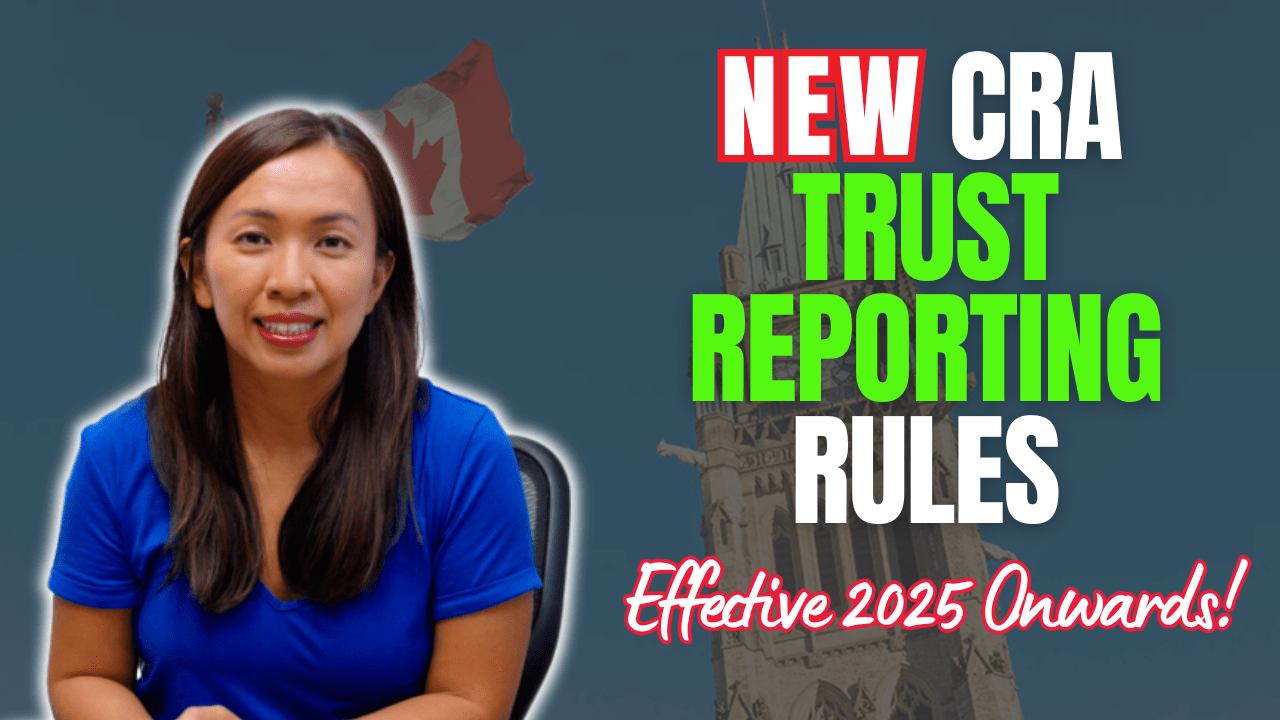Erwin and I have scheduled date nights weekly.
It’s not easy to commit to these dates regularly.

Putting it in our schedule is one thing, making time for each other and going on a real date is a different thing though.
Stuff happens, last minute client request, kids’ commitment, etc.
I was almost going to cancel it this Tuesday so that I could hang out with my friend instead, but I didn’t.
We were more committed before COVID-19 lockdown, we fell off the wagon over the last few months.
We somehow pulled it off for the last three weeks in a row. (Big high five to ourselves for our commitment.)
When we read the fairy tale stories to our kids, they usually end with “the princess and the prince live happily ever after.”
I would always add to the ending that there is no such thing as happily ever after without work.
We must put work into it for it to work, just like everything in this world.
Just like using trust agreement and beneficial ownership to own properties in the corporation. You need to put in some work to make the relationship work.
BIG DISCLAIMER: Before I dive into the nitty gritty, I want to tell you that I am not a lawyer. I’m trying to explain a concept that we routinely use in the real estate world from a tax perspective. Make sure you consult with a lawyer on how beneficial ownership works from a legal perspective.
There are two types of ownership – legal ownership and beneficial ownership in Common Law.
Legal ownership is the legal title. If you own a property, your name is on title in the Land Registry. Your name would appear on mortgage documents, utility bills and property tax bills. Basically, on paper, you’re the owner of the property.
It turns out, you don’t have to be the registered owner of a property, but you can still own the property.
If you are the beneficial owner of a property, you have control of the property, get to use the benefit of the property and get to pay the bills related to the property.
Beneficial owners are the real owners. They are ultimately the natural person/persons that own and control the property.
In many cases, legal owners = beneficial owners.
Using your primary residence as an example, you purchase property in your name, you’re the legal owner. You control the property, get to enjoy the use of the house, pay for the bill, you’re also the beneficial owner.
In some rare cases in the real estate investment world, mostly for financing, joint venture and legal liability reasons, legal owners may not be the same as the beneficial owner.
Many real estate investors find it to be more convenient to purchase properties in their personal names.
The mortgage qualification process in your personal name is a lot easier compared to getting a mortgage in a corporation. Interest rates are higher for corporate mortgages. Terms are not as favourable.
But these investors would still like to take advantage of the tax planning flexibility offered by a corporation.
So they take advantage of this beneficial ownership concept, also acknowledged by CRA, own properties in their personal names, but designate the beneficial owners as their corporations.
In layman terms, legal owners = personal names. Beneficial owners = corporation.
The Legal owner signs a trust agreement declaring that the beneficial owner is the corporation.
The Corporation reports all income and expenses, ownership and liability.
The Corporation pays for the downpayment for the purchase of the property.
The Corporation also receives all cash, pays all expenses, signs off on lease agreements.
What’s the catch here?
Transactions involving trust agreements pose another layer of complexity in the real estate investing world.
If the trust relationship is not properly executed, the CRA can deem that the relationship did not exist.
Every step along the way must be properly executed and documented.
Legal documents have to be done in the proper name, money must be deposited in the corporation bank account.
If the CRA determines the corporation does not actually own the property, the individual taxpayer has to report all the years of income related to the property.
Not good at all.
If you’re considering owning properties in the corporation via trust agreement, make sure you consult with a knowledgeable accountant in this area.
Better yet, own the properties directly in the corporation’s name and qualify for mortgage in the corporation’s name.
Until next time, happy Canadian Real Estate Investing.
Cherry Chan, CPA, CA
Your Real Estate Accountant






Jake Novis
Very interesting. Thanks for sharing!